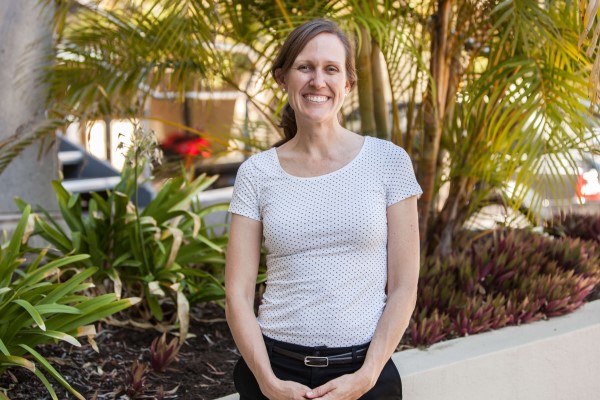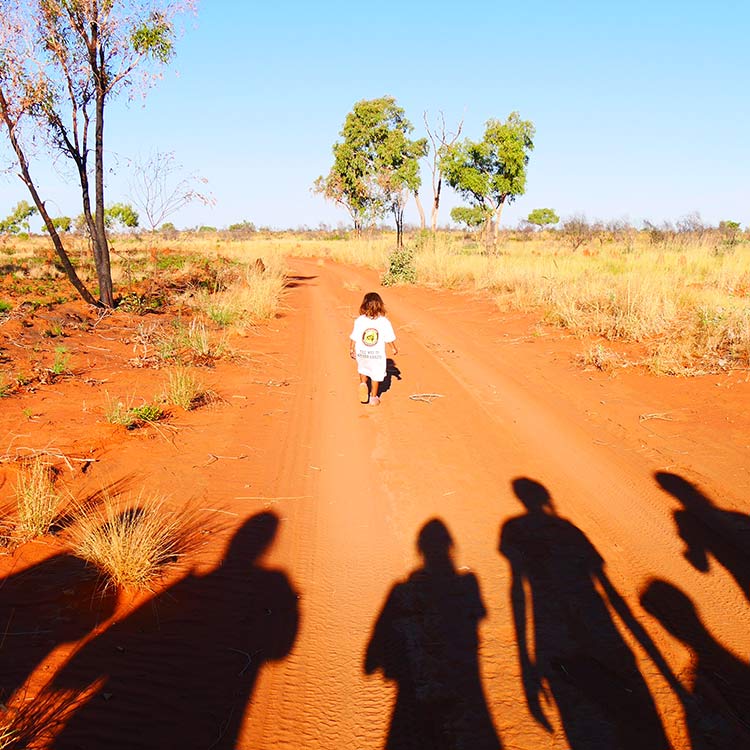Search
Research
Clinical experience with SUBA-itraconazole at a tertiary paediatric hospitalItraconazole remains a first-line antifungal agent for certain fungal infections in children, including allergic bronchopulmonary aspergillosis (ABPA) and sporotrichosis, but poor attainment of therapeutic drug levels is frequently observed with available oral formulations. A formulation of 'SUper BioAvailability itraconazole' (SUBA-itraconazole; Lozanoc®) has been developed, with adult studies demonstrating rapid and reliable attainment of therapeutic levels, yet paediatric data are lacking.
Research
Perinatal risk factors associated with skin infection hospitalisation in Western Australian Aboriginal and Non-Aboriginal childrenWe have quantified the relative influence of perinatal risk factors associated with skin infection hospitalisations in WA children
Research
Investigation of group A Streptococcus immune responses in an endemic setting, with a particular focus on J8We analysed the stimulation of J8 antibodies in response to infection, and the role of existing J8 antibodies in protection against subsequent infection
Research
The global epidemiology of impetigo: A systematic review of the population prevalence of impetigo and pyodermaWe conducted a comprehensive, systematic review of the global childhood population prevalence of impetigo and the broader condition pyoderma.

News & Events
Four BrightSpark Fellowships awarded to early-career researchers at The KidsCongratulations to four outstanding early-career researchers from The Kids Research Institute Australia, who have been awarded BrightSpark Foundation fellowships and project funding for 2026.

News & Events
The Kids Research Institute Australia leader named finalist in nation’s top science prizesOne of Australia’s leading infectious disease experts, Associate Professor Asha Bowen, has been announced as a finalist for the country’s leading national science awards – the Australian Museum Eureka Prizes.

News & Events
Expert researchers converge on Broome to tackle health challenges in Northern AustraliaOver 100 researchers and health professionals from around Australia have united in Broome this week to address the major health battles facing people living in the tropical north of the country.

News & Events
Top scientist recruited to WA for HOT NORTH FellowshipThe Kids has recruited Dr Timothy Barnett to embark on a Fellowship to help close gaps in health outcomes between Indigenous and non-indigenous kids
Research
The application of environmental health assessment strategies to detect Streptococcus pyogenes in Kimberley school classroomsChildren spend almost one-third of their waking hours at school. Streptococcus pyogenes (Strep A) is a common childhood bacterial infection that can progress to causing serious disease. We aimed to detect Strep A in classrooms by using environmental settle plates and swabbing of high-touch surfaces in two remote schools in the Kimberley, Western Australia.
Research
Costs of primary healthcare presentations and hospital admissions for scabies and related skin infections in Fiji, 2018–2019Scabies and related bacterial skin and soft tissue infections are highly prevalent in many tropical, low- and middle-income settings. These skin conditions contribute to higher healthcare costs and burdens on healthcare systems.
